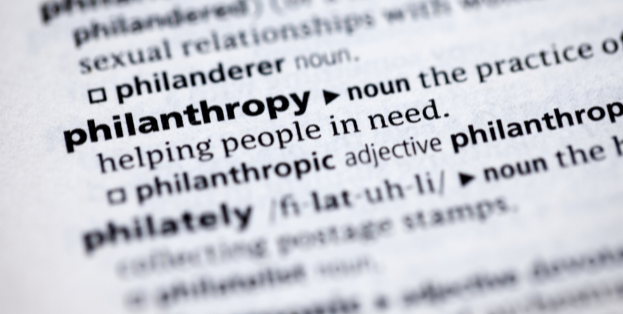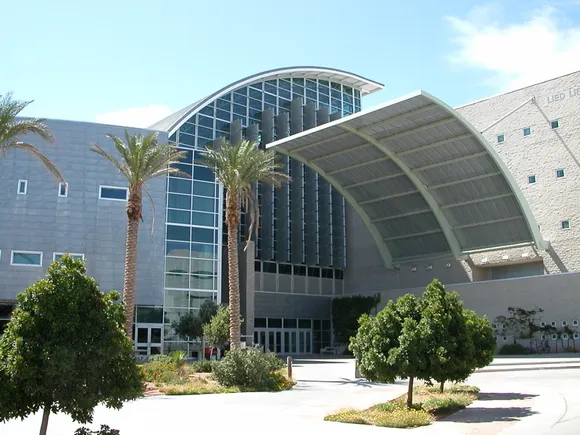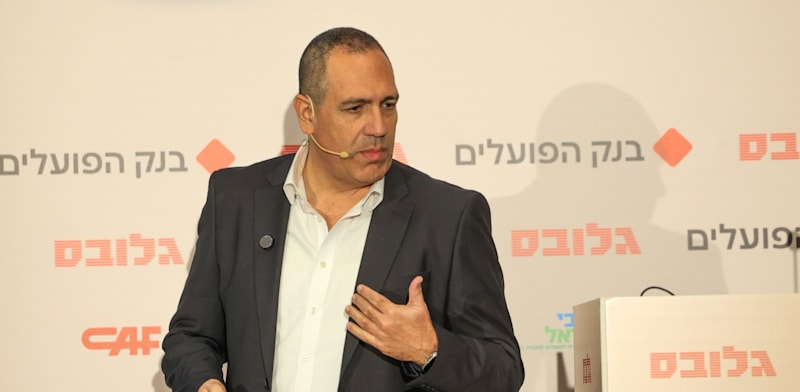Contimis Works/Shutterstock
In a recent HigherEdJobs’ Careers & Coffee conversation, we explored the work of advancement with Sue Cunningham, president and CEO of the Council for Advancement and Support of Education (CASE). Hosted by HigherEdJobs’ Andy Hibel, chief operating officer and co-founder of HigherEdJobs, the discussion focused on philanthropy, global fundraising, donor engagement, and GivingTuesday.
Cunningham, who has led advancement efforts at the University of St Andrews, the University of Oxford, and the University of Melbourne, brought both international and practical insight into how institutions connect with alumni and supporters.
Why Philanthropy Matters
Hibel opened the session by noting that philanthropy supports “mission-driven work” that tuition cannot cover on its own. He added that advancement has a special place within higher education. “All three co-founders of HigherEdJobs came from academia and specifically from advancement,” he said. “It is one of my favorite topics.”
Cunningham agreed, pointing to CASE’s global reach. “Advancement is truly a profession, and it is global,” she said. “CASE has members in 80 countries and about 3,000 schools, colleges, and universities.” She also emphasized the need for institutions to stay rooted in their purpose. “It is vital to stay grounded in mission and values. That North Star matters.”
A Global View of Giving
Hibel asked how philanthropy has shifted around the world. Cunningham explained that revising CASE’s Global Reporting Standards was a significant step. “Our previous standards were littered with the IRS,” she said. “As the global professional association, it felt odd to define philanthropy through one country’s rules.”
She noted that data now plays a central role. “We benchmark philanthropy in the United States, Canada, Australia, New Zealand, and the United Kingdom,” she said. “It allows institutions in San Diego, Santiago, or Southampton to compare notes with peers worldwide.”
GivingTuesday and Community Support
With GivingTuesday approaching, Hibel asked how institutions can use the moment to deepen donor engagement. Cunningham pointed to CASE’s research on giving days. “Institutions aim to engage alumni, increase total dollars, build a culture of philanthropy, and bring in new donors,” she said.
She added that giving days show the importance of participation. “While headlines often focus on transformational gifts, giving days show that gifts at every level make a difference,” she said.
Hibel also spoke about how policy changes shape the giving landscape. “Here in the United States, after the 2017 tax bill, we went from roughly a third of taxpayers itemizing to about one in ten,” he said. “One thing I appreciate in more recent legislation is the recognition of charitable giving regardless of whether someone itemizes. That feels very aligned with the spirit of GivingTuesday, when nonprofits pull together on the same side of the rope.”
Cunningham agreed. “The charitable giving deduction becoming a more universal benefit is significant,” she said. She added that CASE regularly works with partners across the sector to support policies that encourage philanthropic participation.
Inclusion and the Advancement Workforce
Cunningham discussed CASE’s Opportunities and Inclusion Center, created with support from the Kresge Foundation and the Hewlett Foundation. “We are focused on inclusive excellence, which means excellence requires inclusion,” she said. “The more your team reflects the lived experiences of your community, the more points of connection you have.”
She also described CASE’s internship program and Graduate Trainee Program, both designed to introduce students and emerging professionals to advancement. “Some people find advancement early, and others arrive mid-career from entirely different fields,” she said.
How Advancement Is Changing
When asked what has changed most across her career, Cunningham pointed to communications, alumni engagement, and the professionalization of fundraising. “Communications and marketing have grown more strategic,” she said. “With alumni engagement, we now have evidence-based data showing its importance. And fundraising itself has become more professionalized in many regions.”
She noted one concern. “Across many countries, donor numbers are shrinking even as total dollars increase. That is something we are watching closely.”
She also acknowledged that staffing and budget limitations require institutions to prioritize. “Strategy and prioritization are essential,” she said. “You cannot do everything at once.”
Where Donor Relationships Begin
Hibel asked what encourages people to invest philanthropically. Cunningham said donor relationships rely on patience and curiosity. “There is no shortcut,” she said. “You need to understand what motivates someone and look for the overlap between their interests and your institution’s work.”
She described early conversations as exploratory. “Ask what they care about most. Ask where they want to make a difference. That is often where meaningful commitments emerge.”
Hibel added that departments support advancement when they share their work. “Your data and your examples help donors see the full picture,” he said.
Cunningham’s GivingTuesday Plans
To close the conversation, Hibel asked what Cunningham’s plans were for GivingTuesday. She expressed that her personal interests lie in education, the arts, and culture. “It is deeply heartening to give to causes you care about,” she said. “One of the joys of living in the United States is the strong culture of philanthropy.”
Watch the Conversation
This Careers and Coffee session, “The Art of Advancement: Driving Impact Through Philanthropy”, was recorded and will be available on the HigherEdJobs YouTube channel.
Follow HigherEdJobs on LinkedIn for updates on future Careers and Coffee events and replays. To learn more about the history of GivingTuesday, visit GivingTuesday.org for resources and background on how the movement began.
About Careers and Coffee:
HigherEdJobs’ Careers and Coffee is a series of live, interactive Zoom conversations with experts in higher education. Designed to help job seekers and higher ed professionals reflect meaningfully on their careers, the series offers expert advice and insights on best practices, emerging trends, and career-related issues. View a list of all sessions.



























